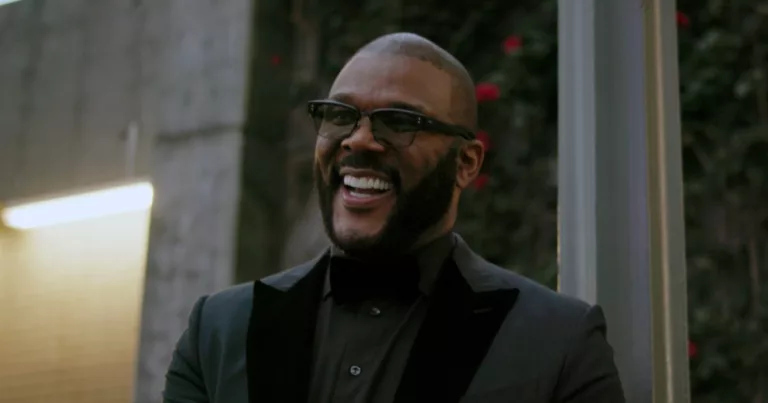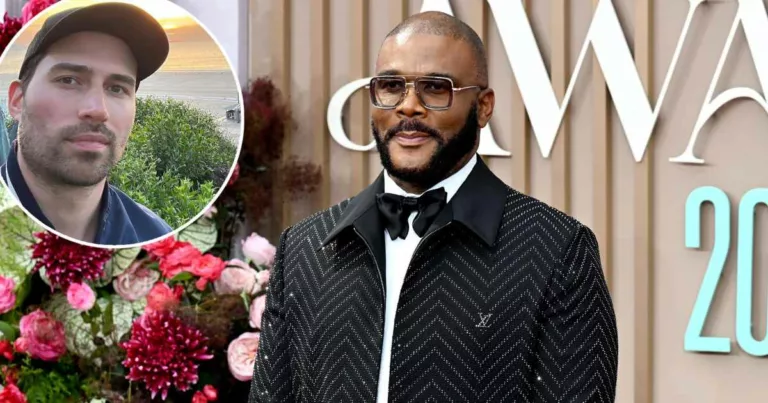Tyler Perry Shares Reasons Behind Financial Cutoff from Family
Tyler Perry, the acclaimed filmmaker and actor, recently opened up about his decision to cut off financial support to his family, a move that has sparked considerable discussion among fans and followers. During a candid interview on the YouTube series “Den of Kings,” hosted by Kirk Franklin, Perry shared his perspective on the challenges of…


